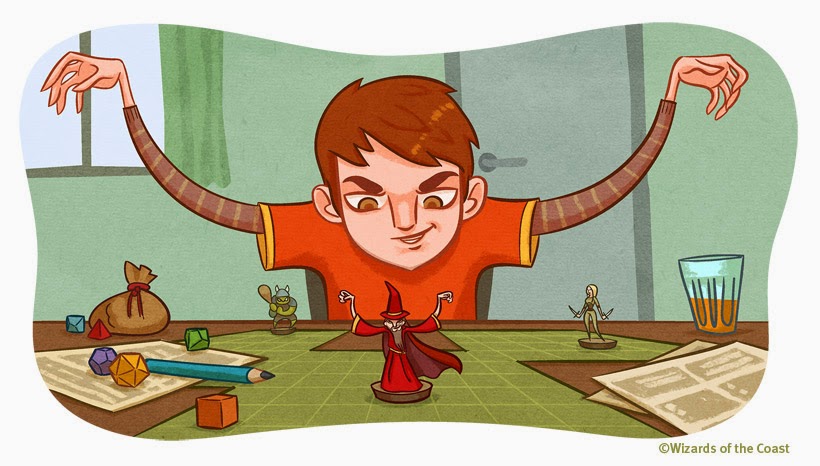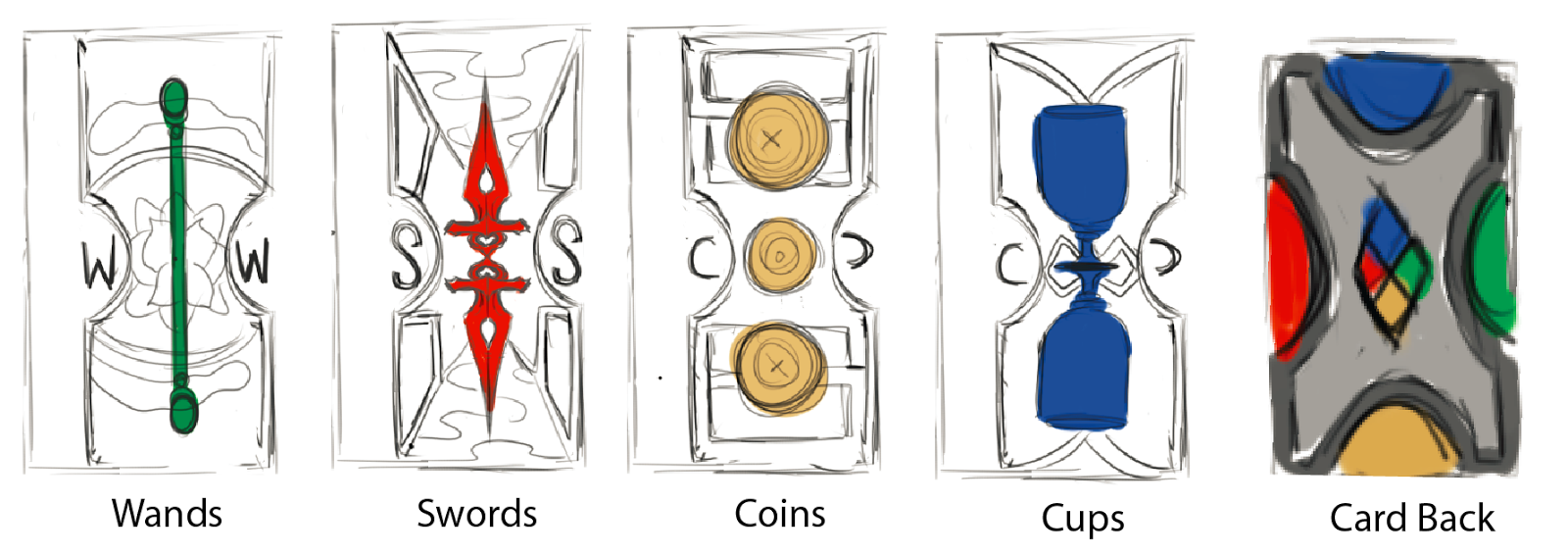Hello
World,
I have
talked about the positive effects of role-playing in previous blog posts.
Discussing how it improves social skills and expand one’s understanding of the
world around them. While that is all well and good, I got to thinking. Is the
act of role-playing intrinsically enjoyable?
Now don’t
get me wrong, I am not saying that role-playing can’t be fun, I am more saying
that exterior factors generate the fun, not the act of getting in
character. Thinking back on my experiences with role-playing games, the
enjoyment always seems to stem from something other than pretending to be a
fictional character. It comes from out witting an opponent in an
argument, telling stories with friends, or even overcoming mechanically
challenging situations within the game. And while each of these actions are
strung together and enhanced by role-playing, they still stand-up without it.
But can the same be said for role-playing? Is the sole act of acting like
another person fun? If it is, why? Where does this enjoyment come from? Truthfully I haven’t come to a full conclusion on this and
would love to hear your opinion on the matter in the comments below.
Before I
open up this topic to discussion I would like to make a quick announcement.
Over the next Month or so I will be featured on the GM academy’s inaugural
season of Rally Cast. An RPG live stream hosted by the GM Academy which has a
group of players from around the community run through a campaign in lesser
known RPGs. The First episode will be streaming on Tuesday, March 3rd
at 8:30 PM EST and can be found at the following LINK.
Thanks for
reading, and I look forward to hearing your thoughts on role-playing.
- Patrick
Lapienis




